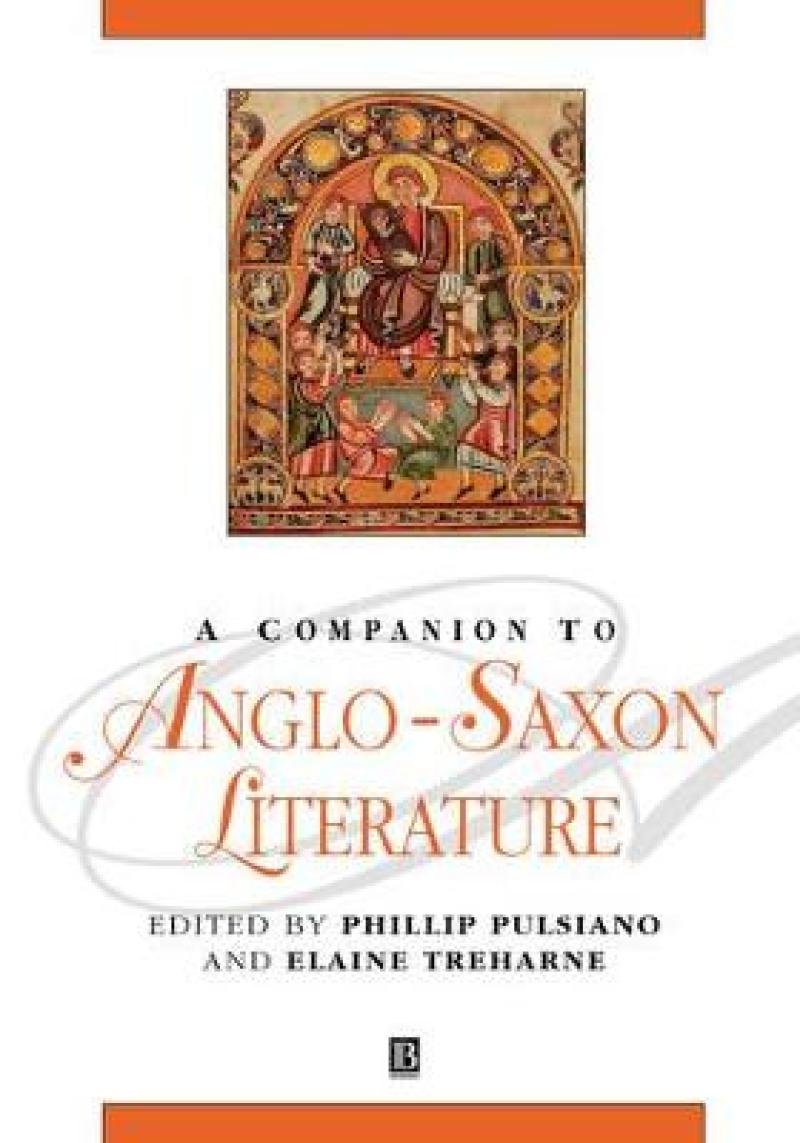"The latest addition to Blackwell's comprehensive surveys of literature and culture, this volume offers an impressive array of essays by reputable scholars ... This <i>Companion</i> will be a valuable introduction for upper-level undergraduate and graduate students and useful resource for faculty."<br /> <i>Choice</i><br /> <p>"<i>A Companion to Anglo-Saxon Literature</i> is an impressive anthology of erudite essays written by scholars around the world on the topic of Anglo-Saxon literature, particularly that of the sixteenth through nineteenth centuries. Prose, poetry, religious, and secular literature are all discussed at length in this college-level analysis and presentation, which is very highly recommended for academic literary studies in general, and medieval studies in reference collections in particular."<br /> <i>The Midwest Book Review</i><br /> </p> <p>"Many of the world's leading Anglo-Saxonists have contributed to this volume which provides a very useful overview of current preoccupations of those who study and teach Old English literature." <i><br /> Literature and History</i><br /> </p> <p>"Stimulating introductions that bring out the wider potential of their topics for understanding the Anglo-Saxon past ... much to offer the more experienced reader as well as the novice."<br /> <i>Literature and History</i></p>
Produktdetaljer
Biographical note
Phillip Pulsiano is late Professor of English at Villanova University. He authored numerous articles on Old and Middle English poetry and prose, and co-edited the Garland Encyclopaedia of Medieval Scandinavia (with Paul Acker and Kirsten Wolf). He had completed the first volume of The Old English Psalters (for Toronto University Press), and had undertaken significant research on Latin female saints' lives from the medieval period, and (with Joseph P. McGowan) the prose texts in the Beowulf-manuscript: work that will be published posthumously.Elaine M. Treharne is Professor of Early English at Florida State University. She is author of The Old English Life of St Nicholas with the Old English Life of St Giles (1997), co-editor of Anglo-Saxon Manuscripts and their Heritage (with Philip Pulsiano), Rewriting Old English in the Twelfth Century (with Mary Swan), and Readings in Medieval Texts (with David Johnson). She is the author of Old and Middle English: An Anthology (Blackwell, 2003) and an editor for Review of English Studies and Literature Compass. She currently works on the ideology of early English texts and their physical contexts.
